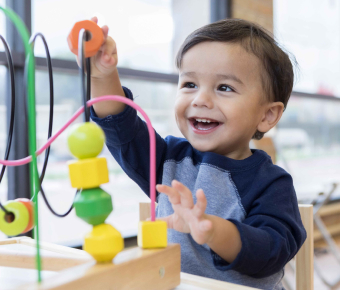Giving your child the best start in life
-
First Floor, 10A Chandos Street London New Town W1G 9LE
Get In Touch
Monday to Friday: 8.30am – 02.00pm
Saturday, Sunday: Close
Email: user@domainname.com
Phone: +44 (0) 207 689 7888

In the world of a preschooler, every smile, tear, and hug holds a special meaning. Emotional intelligence is about recognizing, understanding, and managing these emotions. By teaching young children to be empathetic and self-aware, we empower them to form strong relationships and navigate life’s challenges with confidence. Nurturing emotional intelligence from an early age sets the stage for a lifetime of emotional resilience, compassion, and success.
Discover how emotional intelligence can transform a preschooler’s journey. In this blog, we’ll delve into the essential components of emotional intelligence and provide actionable tips on how to cultivate these vital skills, setting your child up for a lifetime of happiness, resilience, and success.


Emotional intelligence is the ability to acknowledge, understand, and regulate one’s own emotions, while also being sensitive to the emotions of others. In preschoolers, this involves developing essential social skills, including: – Sharing and cooperation – Expressing emotions in healthy ways – Resolving conflicts peacefully – Demonstrating empathy and understanding towards others
Fostering emotional intelligence in preschoolers is vital for their long-term social, emotional, and academic success. By teaching children to recognize and express their emotions, we empower them to: Form strong, meaningful friendships Adapt to new environments and situations Build a solid foundation for future academic achievements Develop essential life skills for emotional resilience and well-being


Nurturing cooperation, communication, and problem-solving skills in preschoolers enables them to form strong relationships with peers and adults. By developing these essential skills, children lay the groundwork for: Successful social interactions and friendships Effective collaboration and teamwork A strong foundation for future academic achievement A lifelong ability to navigate challenges and achieve their goals
Comments are closed